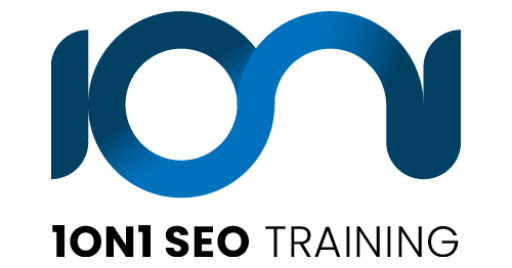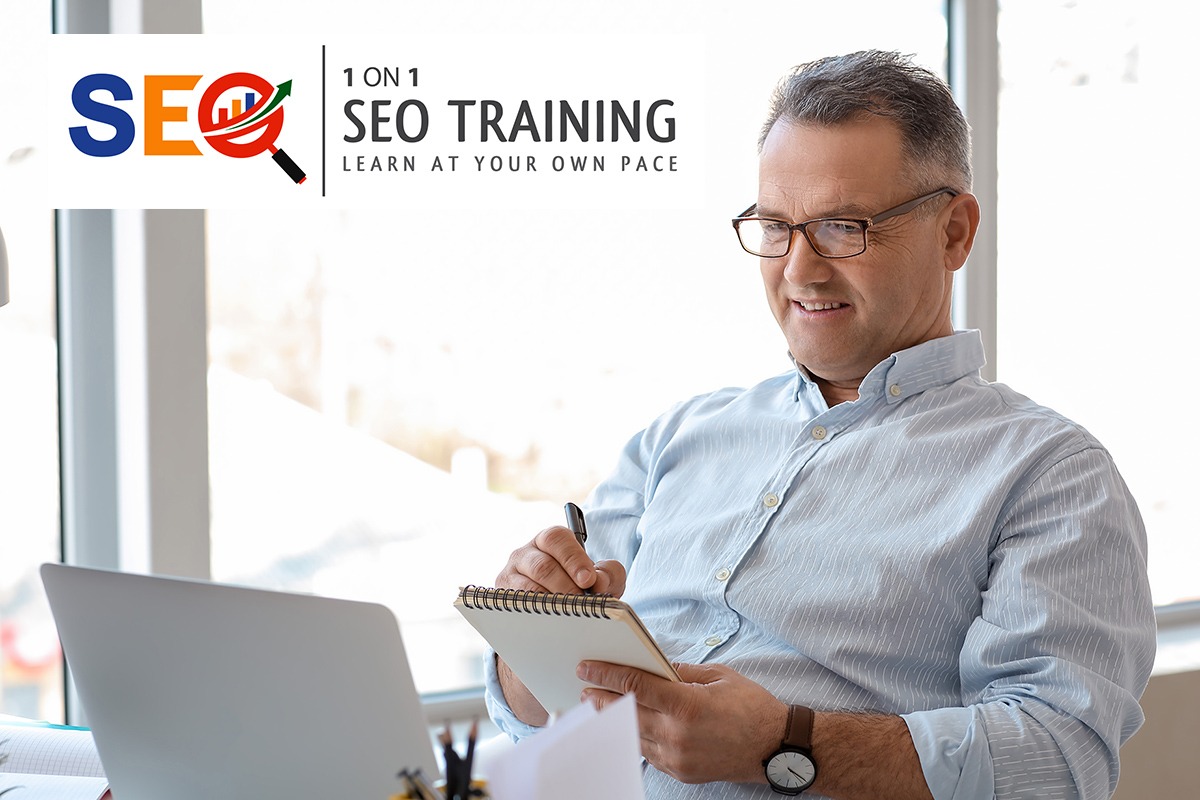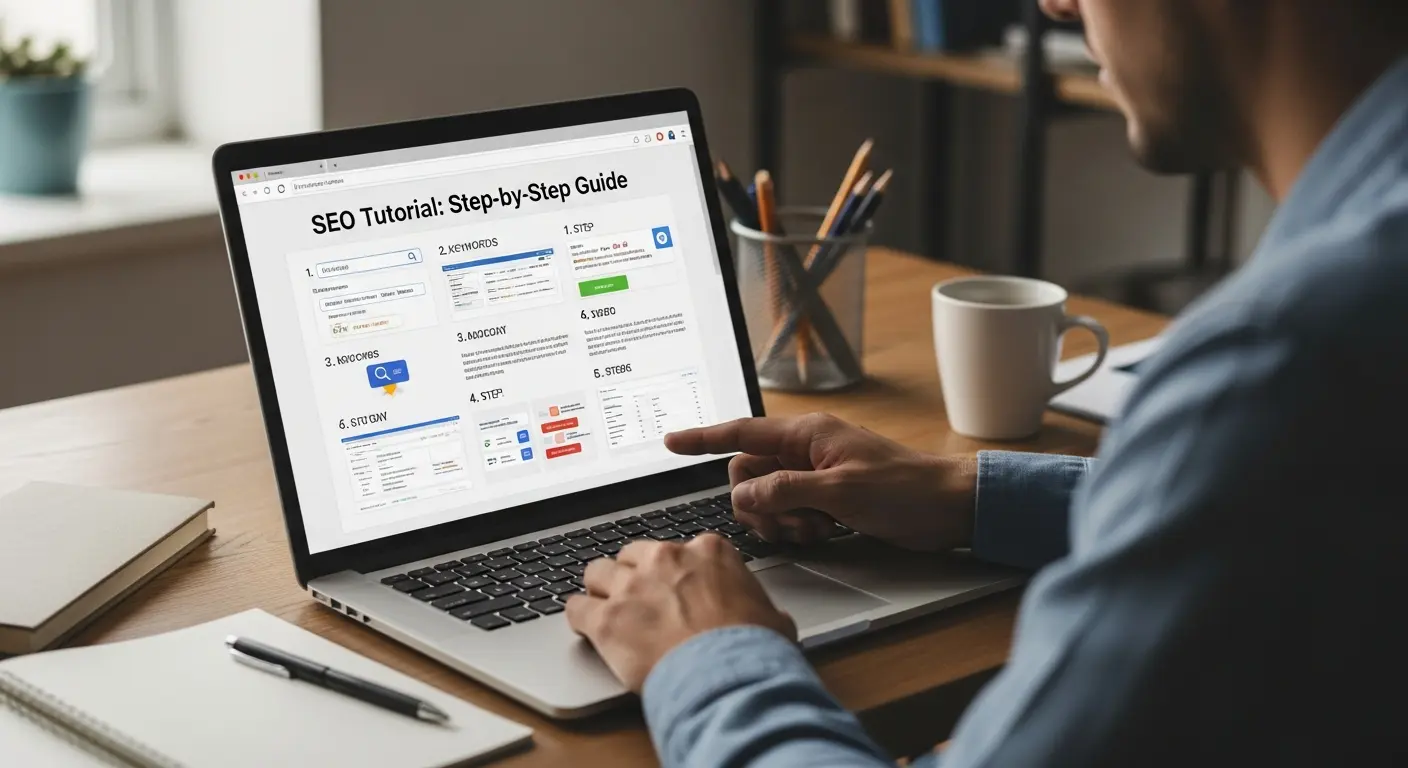How do you learn SEO? Search engine optimization often sounds like magic to people who are unfamiliar with how sites and search engines work. However, when you start getting curious, and you ‘look under the hood’ to understand how things work on the web, you start to realize that you can learn SEO and apply it to your sites. The main objective is still to improve your site’s SEO so you can be more easily found in search engine results.
While learning SEO is possible on your own, SEO has so many components that it will take you quite some time before you can learn enough about the most critical areas and apply your new strategies to your sites.
Can I Teach Myself SEO?
Yes, you can teach yourself SEO. The best way to learn SEO is with an SEO coach or SEO tutor. Working with an SEO coach is an investment that keeps paying dividends long after the classes end. Rather than trying to learn the most effective methods on your own.
Your SEO coach will also act as your accountability partner so you can stay on track with your goals. SEO is hard work, but the payoff is worth it. We’re talking about permanent improvements to your site, and gaining an edge over your competition as you understand what exactly is going on with your site, SEO-wise.
Is SEO Difficult to Learn?
As an SEO coach, we will work directly on your site and set essential goals. Learning SEO can be both challenging and enjoyable. It is not necessarily hard to learn SEO.
We will watch as the needle moves, adjust what we’re doing/learning, and continue refining what you are doing. As your SEO coach, I’ll make sure that the training is focused on improving your site, and there will be no hypothetical parts. Everything that I teach will be immediately applicable to your site’s SEO project.
Classes are one hour per week, and you determine the pace. Every learner has a comfortable pace, and I can work with students of different backgrounds and expertise. I believe that everyone can eventually master important SEO skills, and the process is faster and much more effective if you have an SEO coach guiding you along the way.
My other professional experiences in site design and web development are also useful in working out kinks in other areas of your site. SEO is just one component of your success. I can teach you a variety of skills, hacks and strategies related to running a successful site (and business).
Things like editing videos, editing images, creating a signature file, setting up Gmail to check other accounts aren’t exactly part of the ‘hard’ SEO process, but they contribute to site quality and usability. There are so many things that make up a good site that it takes some time before you can encounter the majority of them.
With my weekly classes, it’s now possible to dip into the wealth of knowledge that I have accumulated over many, many years of professional experience. Think about it: why put up with a long trial-and-error phase when you can start everything at the right foot? I’ve spent my entire career figuring out what works, and what doesn’t. Let me transfer this pool of knowledge of SEO to you, and whatever you learn along the way will be yours to keep, forever.
What is SEO and How Does It Work?
SEO refers to interrelated activities that improve site visibility in search engine results. SEO emphasizes generating organic traffic, because the target audience finds pages and content from your site when they perform searches. In short, SEO encourages permission and genuine interest in web content, and if done correctly, a highly optimized site can generate targeted and organic traffic for a long time.
SEO involves many domains, and each domain covers a wide range of aspects of site design, content, development, etc. There are also SEO activities that happen outside the site; these SEO activities also have an impact on your site’s trustworthiness and relevance in relation to particular searches.
Below are some important SEO concepts:
- Ranking - This refers to the overall process that search engines follow to determine which sites and pages deserve to be shown first to users. SERPs are ordered based on what the search engine determines to be the most relevant sites to the least relevant. The first page of Google, for instance, is where everyone wants to appear because the majority of clicks from users happen on page one.
- On-site optimization – This refers to the series of activities that aim to improve and optimize the different pages on your site. The focus is what’s only on the site, to improve on-page signals. “Signals” refer to different criteria used in search engine algorithms to determine the relevance or usefulness of a page during a search. Presently, Google has shifted to ‘conversational search’ that gives higher importance to context in searches.
As artificial intelligence continues to improve, year by year, machine learning also comes ever closer to understanding nearly all of the complexities of human language. Since sites are made for humans and not machines, Google is investing a lot of research and development into making their search engine understand the hows and whys of human language.
- Off-site SEO – The bulk of off-site SEO involves link building. Link building refers to the networks of links that point to your site. Google measures the trustworthiness of a site by seeing which sites point to it, and in what context/manner. A site with a healthy backlink profile usually dominates many keywords or search terms. However, it’s not enough to just get any backlinks to your site – the characteristics of the backlinks are important, too.
- Local SEO – Local SEO is specialized optimization for businesses that serve a particular area and are often dependent on physical or face-to-face transactions. Examples of businesses that benefit greatly from local SEO are veterinary clinics, psychological services, dentists, etc. Local competition is fierce. SEO levels the playing field by making sure that a business can be found when customers are performing local business searches.




